The World Health Organization (WHO) has declared a global health emergency over Novel Coronavirus that has taken more than 360 lives in China following an outbreak in the main city of Wuhan. The disease has spread in many countries, including the UK and the USA. Coronavirus affected countries are leaving no stone unturned to follow precautions from evacuating people to keeping affected people in isolation. Some countries have also restricted the entry of Chinese or people who recently traveled to the country.
Even though there is a furor among people about the human-to-human transferring nature of this disease, medical authorities have clearly stated that there is no reason to panic unnecessarily. Scientists are trying to figure out the lethality of this new pathogen as the death toll in China keeps on rising. Here’s everything you must know about this relatively new disease that is the talk of the town these days.
What is Coronavirus?
Coronaviruses are a group of viruses that commonly causes diseases in mammals with some of them causing less-severe damage such as- respiratory infections, mild fever, common cold and other intestinal diseases. These viruses can also attack human in form of pneumonia, bronchitis and several other respiratory diseases. A Coronavirus is an RNA virus that easily blends with the host’s DNA and mutates rapidly. Due to this property of rapid mutation, these viruses are found in different types. The newly identified Novel Coronavirus is speculated to be related to the SARS epidemic of 2002.
Novel Coronavirus: Also known as the Wuhan Pneumonia or the Wuhan Coronavirus, Novel Coronavirus is responsible for the 2019-20 outbreak in Wuhan Province of China. The term “Novel” is used in the ‘virus’ naming scheme since it is fairly new and nothing is known about this virus so far.
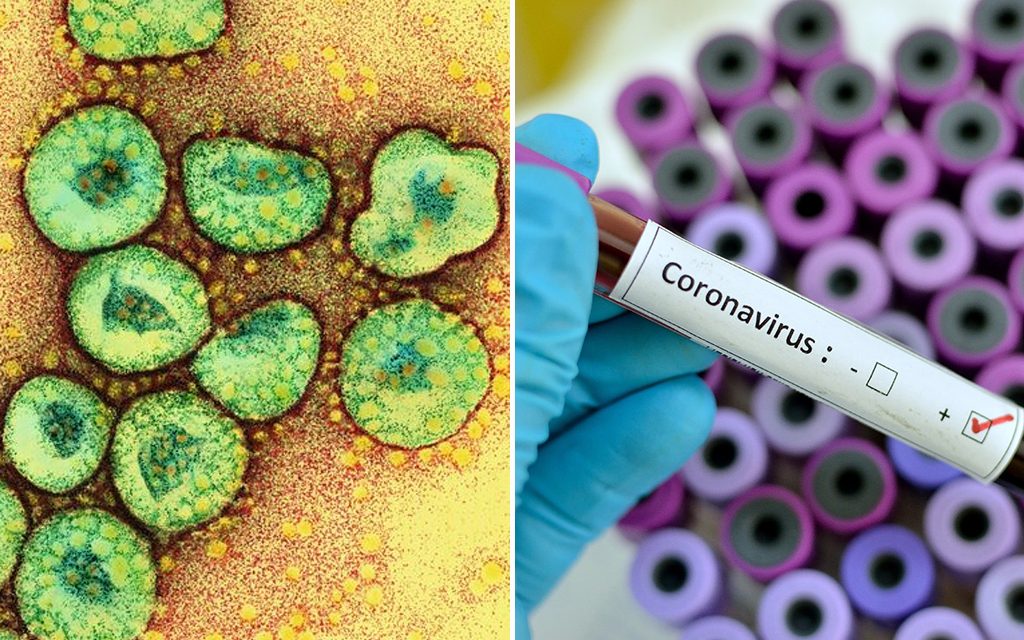
Where It All Began
The Novel Coronavirus is believed to have originated in 2019 in Wuhan, Hubei Province in China where a large population of people lives close to animals. This pathogen is alleged to have come from an animal source particularly from snakes, bats and the civet cat. The early cases of this fairly new infection can be traced to the south china seafood wholesale market where these animals are sold. Apart from China, the virus is said to have spread to several other countries as well. People coming from China or who have been in close contact with affected person are closely monitored by the respective authorities and are given proper medical treatments. Contrary to the uproar that this virus can spread human-to-human, health officials have clearly stated that the possibility of human-to-human transmission of this virus is quite low.

Countries Affected So Far
So far, the Novel Coronavirus is said to have spread to 24 countries across the world with more than 17000 confirmed cases in China alone. Nearly 362 people are said to have died due to this virus across the world. The death toll continues to rise sharply across different countries in the world. Here are the countries with confirmed cases of Novel Coronavirus cases: China, The Republic of Korea, United Arab Emirates, United Kingdom, Hong Kong, Singapore, Spain, Sweden, Macau, Taiwan, Australia, Cambodia, Canada, Italy, Japan, Malaysia, Nepal, Finland, France, Germany, India, Philippines, Russia, Sri Lanka, Thailand, United States and Vietnam.
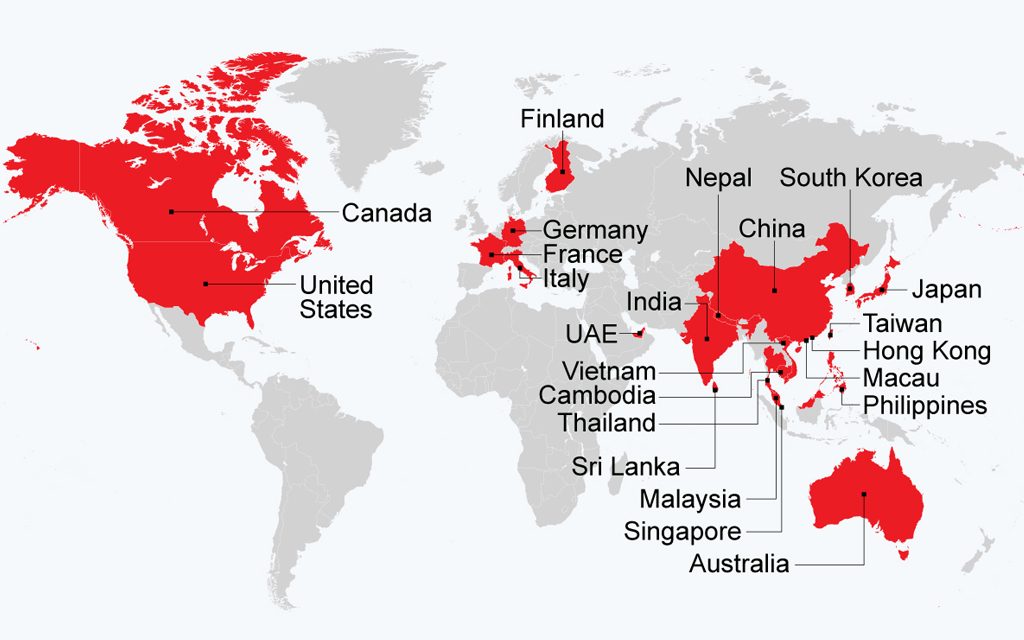
Coronavirus in India
India has also witnessed a few confirmed cases of Coronavirus infected persons, particularly in Kerala. These people are tested positive for the infection upon their arrival from Coronavirus-hit regions in China and are kept in an isolation ward at hospitals. Proper medical treatment and care are being given to the affected persons. Some people are kept under home quarantine as a precautionary measure.
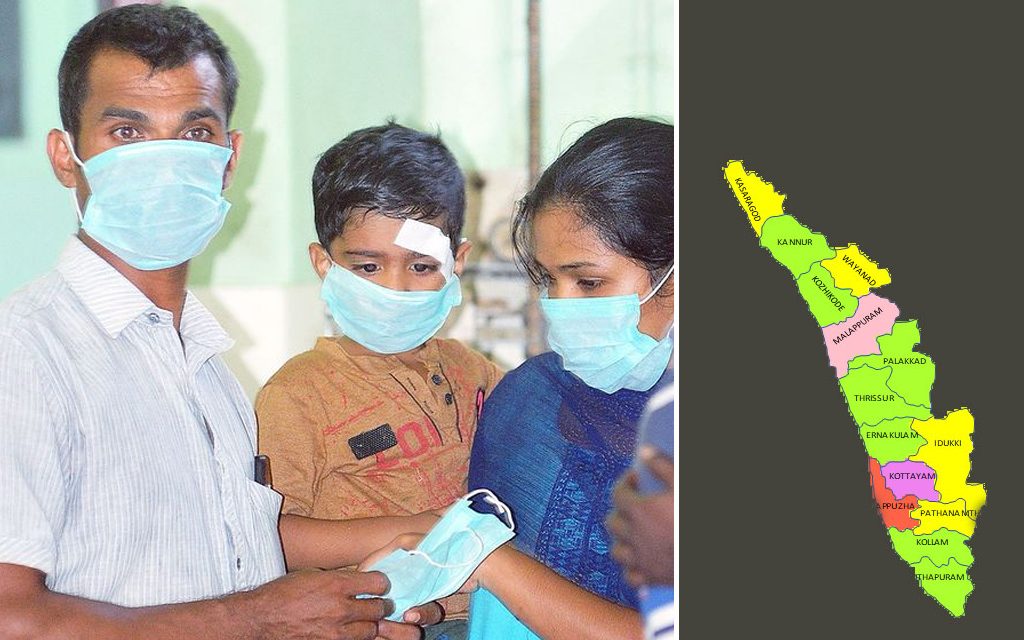
Is Novel Coronavirus Dangerous?
Since Novel Coronavirus is recently discovered, there is no specific treatment for the same. Current findings suggest that this disease can spread from person to person (through sneezing or coughing) if precautions are not taken. Antibiotics and anti-viral treatments are said to be ineffective in combating this infection. However, health officials have said that there is no reason to panic as one can follow certain old-school precautions to avoid the disease.

Symptoms of Novel Coronavirus
Novel Coronavirus shows symptoms similar to any other respiratory diseases that include- runny nose, sore throat, mild fever, coughing, fatigue etc. Given the disguised nature of this disease, you probably won’t know whether you have it or not. However, you can look for these symptoms (which have been reported from Coronavirus affected persons) and get medical help accordingly. The reported symptoms of nCoV are: dry cough, shortness of breath, tiredness, fever and respiratory distress. It has been observed that severe infection can lead to other life-threatening conditions like- kidney failure, pneumonia and death (in worst cases).
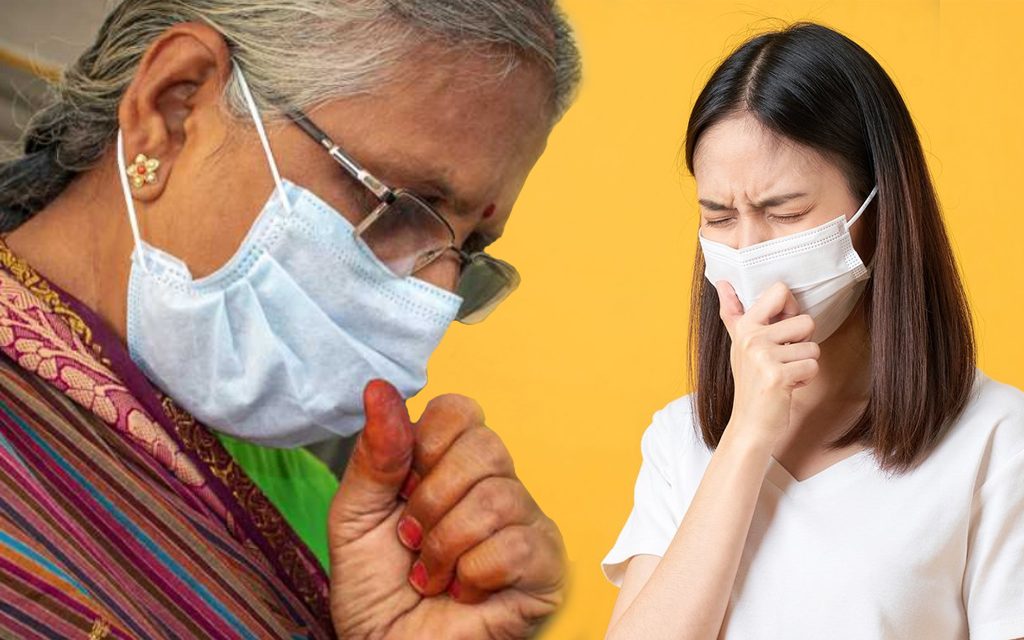
Coronavirus Vaccine and Treatment
You might be wondering if there is a remedy to prevent getting infected from this horrendous disease or if there are vaccines and treatment available to beat the disease. As already stated before, this virus has taken the world by storm and is discovered recently. Hence, there are no particular vaccines or cure available for the disease.
Health officials from different countries have concluded that presently no antibiotics or anti-viral medicines/treatment is effective in stopping the proliferation of this infection. The World Health Organization (WHO) is closely working with global experts, governments, scientists and encouraging them to expand knowledge on this virus, to track its spread, to provide further insights to the countries on preventive measures to adopt to halt the spread of Corona outbreak.
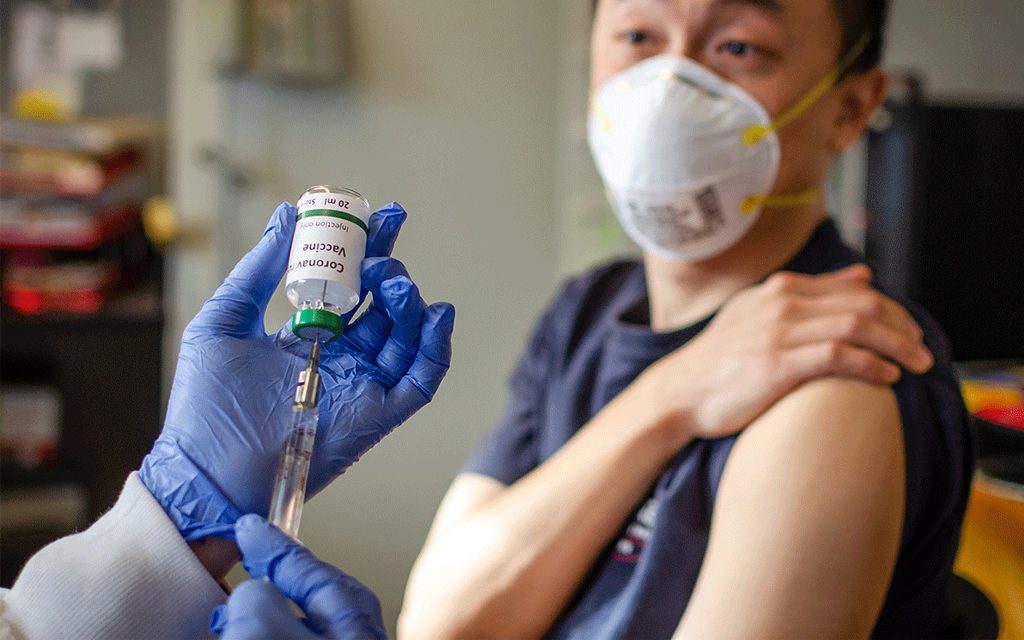
How to Protect Yourself from Coronavirus?
The best practice to prevent this disease is to avoid getting exposed altogether. Good hygiene practices and other measures can protect you from this epidemic. Here are certain things you can do protect yourself from Novel Coronavirus:
- Regularly wash your hands with disinfectant soap and water
- Drink plenty of fluids to keep yourself hydrated (minimum 8-10 glasses a day should suffice)
- Use a tissue or handkerchief to cover your mouth when you cough or sneeze
- Avoid close contact with infected people
- Eat well-cooked food only
- Seek medical assistance if required
- Avoid venturing outside when you feel sick or use a good quality mask if required
- Clean and disinfect yourself frequently when touching objects and surfaces (doors, windows, tables, chairs etc) that are touched by others.

wash your hands regularly 
drink plenty of water 
use tissue or handkerchief while sneezing 
avoid close contact with infected people 
eat home-cooked meals 
seek medical attention 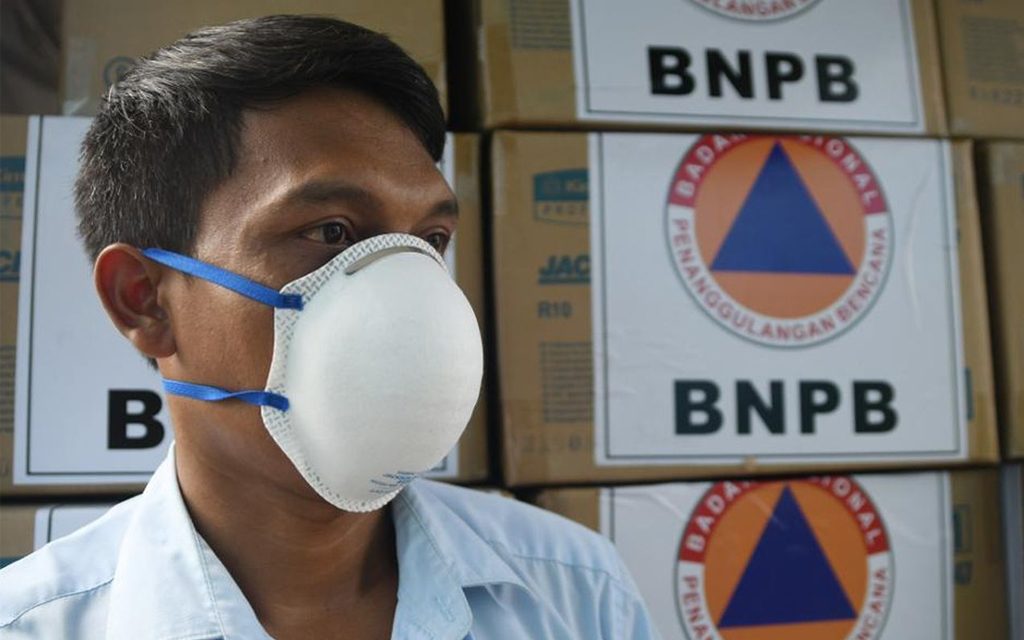
use mask when outside
Can Coronavirus Be Spread Through Goods Imported From China?
Coronaviruses typically cannot survive very long on surfaces and unlikely to survive over days (even weeks) when products are being shipped from China. The chances of you getting infected from China imported products are as low as the temperature of Antarctica. Furthermore, there has been no evidence to support the transmission of Novel Coronavirus concerning the imported goods and no such cases have been reported so far.





